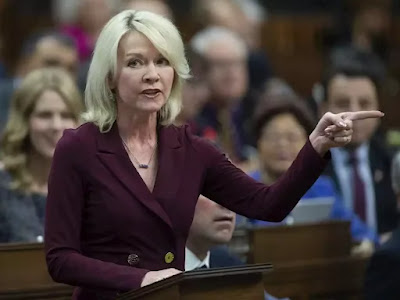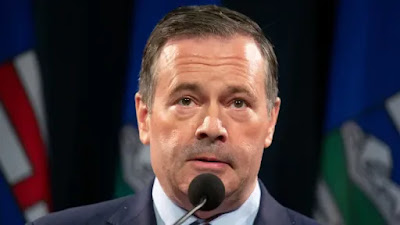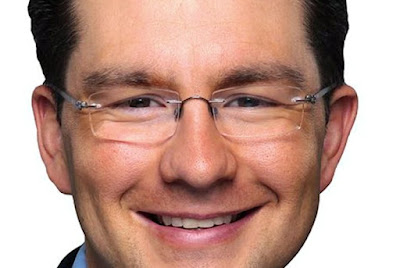If you want to know how it works, consider the case of Dr. Brooks Fallis. Bruce Arthur writes:
It’s been more than a year since Dr. Brooks Fallis was suddenly fired in January as interim head of critical care at William Osler Health System, in the hardest-hit part of Ontario. Fallis was respected and admired by peers and employers. He was also a passionate, incisive critic of the government’s pandemic response. One was given more weight by his bosses than the other.
When Fallis was fired, it seemed clear at the time that the hospital had reacted to government pressure, whether applied or implied. As first reported by the Star, the entire Osler critical care staff signed a letter strongly objecting to his demotion, and Fallis was told by hospital leadership his advocacy had put funding for the hospital — funding controlled by the provincial government — at risk.
Ford and his office have always denied contacting hospital leadership. When asked for comment Monday, premier’s office press secretary Alexandra Adamo said, “At the time of his claims, the Office of the Premier had never heard of this individual. His allegations remain categorically false. William Osler has already publicly acknowledged that at no time has the premier’s office ever given any direction or advice relating to human resourcing matters at the hospital.”
To be clear, Fallis never said the premier called the hospital; he merely said he was told so by hospital leadership, which then changed its story. After one guest column in Healthy Debate in September 2020, the hospital communications team created a plan to reach out to government in stages: the local MPP, the ministry of health and Christine Elliott’s office, the premier’s office, Brampton Mayor Patrick Brown’s office, and the chair of the hospital board. In November 2020, after hospital complaints over media appearances, Fallis and Osler leadership came to an agreement that he would no longer represent himself as a representative of William Osler.
Fallis is now employed at another hospital. But there is a tale here. And the tale is about what happens to people who cross Doug Ford's government.
Image: The Toronto Star


























